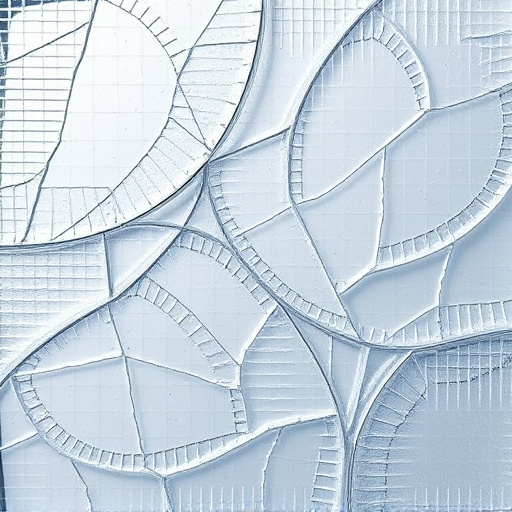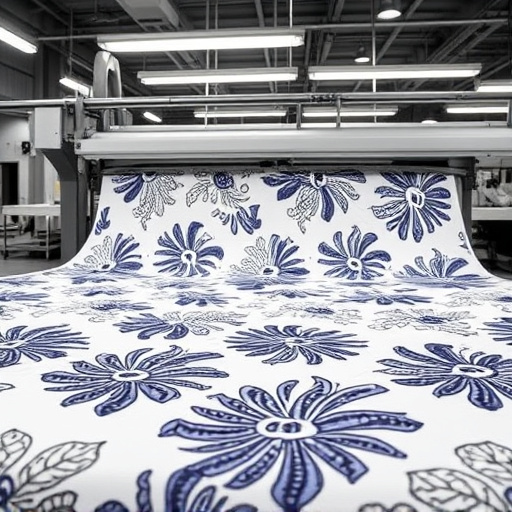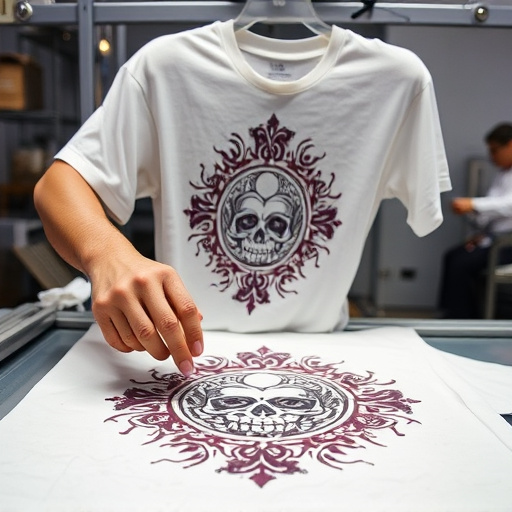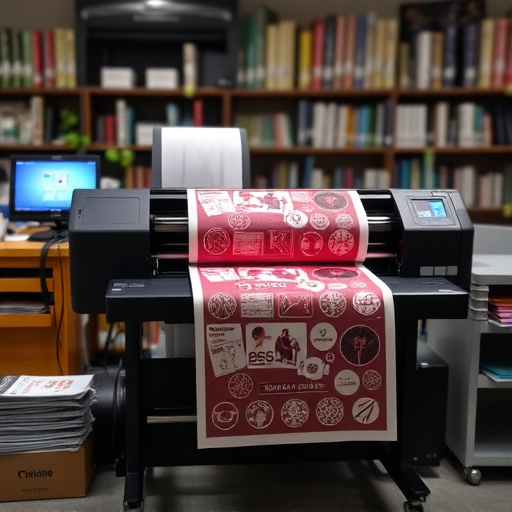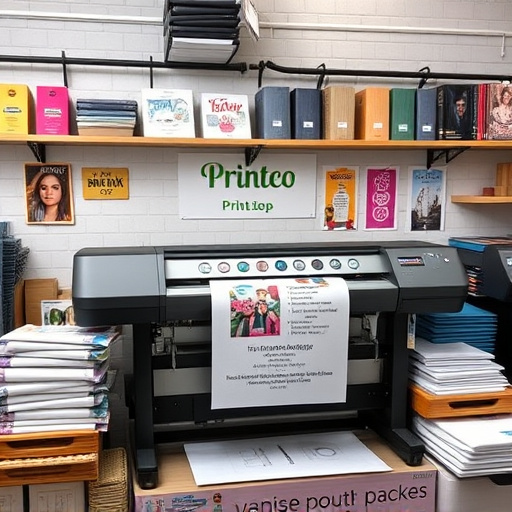The fashion industry's rapid adoption of fast fashion raises environmental and ethical concerns, but Direct-to-Final (DTF) technology offers a sustainable solution. DTF enables on-demand garment production, minimizing waste and carbon emissions through precise digital printing. This decentralized tech framework revolutionizes industries by enhancing data exchange, security, and innovation, transforming traditional centralized models into an efficient, secure, and dynamic digital landscape, while empowering users with greater control over their data in various sectors.
In the dynamic realm of fashion, Fast Fashion has emerged as a dominant trend, fueled by rapid production cycles and ever-changing styles. However, this global phenomenon comes with significant environmental and ethical costs. This article delves into how DTF (Direct to Final) Technology is revolutionizing the industry. By streamlining clothing production, DTF offers reduced waste, faster turnaround times, and cost savings. We explore its transformative role in fast fashion trends, empowering brands to embrace on-demand designs, enhance customization, and print quality while paving the way for a more sustainable future.
- The Rise of Fast Fashion and Its Impact
- – Exploring the rapid growth and influence of fast fashion globally
- – Discussing the environmental and ethical concerns associated with this industry
The Rise of Fast Fashion and Its Impact

The fashion industry has witnessed a dramatic shift towards fast fashion, where trends change rapidly and inexpensive, mass-produced clothing is made readily available to consumers. This phenomenon has revolutionized retail, offering customers affordable and accessible styles but also raising significant environmental and ethical concerns. Fast fashion brands have mastered the art of quickly adapting to seasonal trends, often inspired by high-end fashion houses, and bringing them to market in record time. This rapid turnaround is largely facilitated by cutting-edge Direct-to-Final (DTF) technology.
The rise of fast fashion has led to a significant increase in textile waste and carbon emissions due to the constant production and disposal of clothing. However, DTF technology offers a promising solution. By enabling clothing brands to produce on-demand, minimize waste, and reduce lead times, DTF for apparel becomes a game-changer. This innovative process allows for precise digital printing, including intricate designs and detailed logos, directly onto garments using dft transfer methods. As a result, brands can create limited-edition pieces, cater to niche markets, and offer personalized clothing without the typical environmental footprint associated with traditional mass production.
– Exploring the rapid growth and influence of fast fashion globally

– Discussing the environmental and ethical concerns associated with this industry

DTF Technology has emerged as a game-changer in the fast-paced world of fashion, offering sustainable solutions to some of the industry’s most pressing issues. By enabling efficient and precise manufacturing processes, DTF allows for on-demand production, reducing waste and the environmental footprint commonly associated with fast fashion. As consumers become more conscious of ethical concerns, this innovative technology presents a promising path forward, ensuring a stylish future without compromising sustainability.






